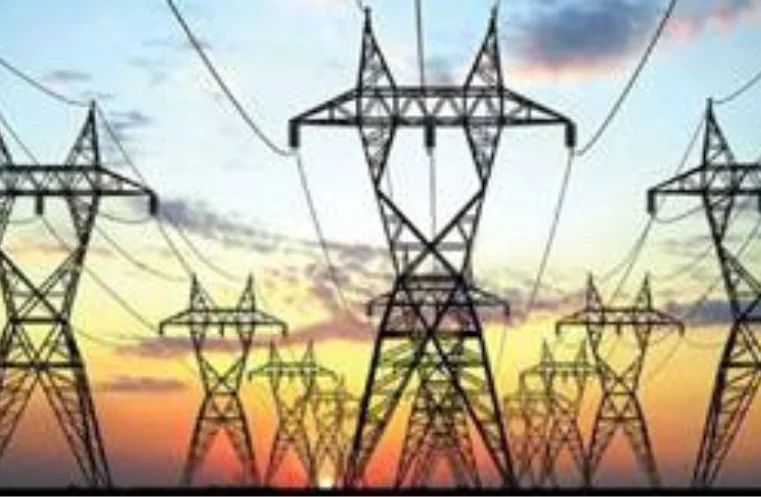Islamabad, Feb 27: The government has decided to provide relief to domestic and agricultural electricity consumers using up to 300 units per month by allowing them to benefit from negative Fuel Charges Adjustment (FCA). Previously, these consumers were excluded from such adjustments under long-standing policies. The Power Division has formally requested the National Electric Power Regulatory Authority (NEPRA) to reconsider its previous stance and extend this benefit to the affected consumers.
In 2015, the Economic Coordination Committee (ECC) established policy guidelines prohibiting negative FCA benefits for domestic consumers under subsidized electricity tariffs. Following this directive, NEPRA ruled that non-time-of-use (TOU) domestic consumers using up to 300 units would not be eligible for negative FCA. Similarly, agricultural consumers had been under the same restriction since November 2010.
However, in 2021, the Ministry of Energy introduced new subsidy policies that categorized domestic consumers into protected and non-protected segments.
Over time, the electricity tariffs for non-protected consumers have increased due to subsidy reallocations. As a result, continuing the previous FCA policy was deemed inconsistent with the government’s broader strategy of adjusting subsidies more effectively.
Read More:
IMF Evaluates Pakistan’s Climate Project for $1 Billion Funding
To align with evolving energy policies, the Power Division has now urged NEPRA to permit the transfer of negative FCA benefits to non-protected domestic and agricultural consumers. This measure would allow these consumers to take advantage of fluctuations in fuel prices, helping to balance their electricity costs.
A Power Division spokesperson confirmed that a formal request has been submitted to NEPRA to reinstate these adjustments. He further stated that by allowing negative FCA, the government aims to reduce financial stress on low-consumption households and farmers who rely on agricultural tube wells. This move is expected to lower monthly electricity bills, making energy costs more manageable for vulnerable consumer groups.
If approved, this decision will provide much-needed relief to domestic users and agricultural consumers, ensuring fairer electricity pricing in line with fuel cost variations. The government’s step reflects its commitment to supporting low-income households and the agricultural sector by addressing inconsistencies in past tariff policies.









